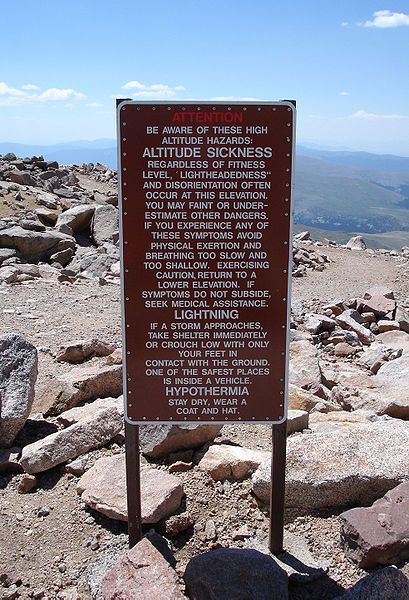2.2 We told him she was not sick
Quite often, we use reported speech because you want to retell people an experience you had in the past. Here you can see an example in which Kim Purcell tells us about what she did this morning.
Answer the following questions:
1. Why did Kim go to the surgery centre this morning?
2. What time did they check in?
3. What did the receptionist ask her to do?

|
| By Preconscious. C. Commons |
The first thing Kim and her daughter did when they arrived at the surgery centre was to check in with the receptionist. These are Kim's words in the video: 'The first thing we did was we checked in with the receptionist. I told her who I was. She asked me to fill up some forms'.
Could you write the direct conversation Kim and the receptionist had?
Before you try on your own, let's do some exercises transforming sentences from direct speech into indirect or reported speech and the other way round. In order to do so, complete the exercises below.
| Direct Speech → Indirect Speech | Indirect Speech → Direct Speech |
| Exercise 1 |
Exercise 1 |
| Exercise 2 |
Exercise 2 |
| Exercise 3 |
Decide which the exact words pronounced by Kim and the staff of the surgery centre were from Kim's retelling of her experience.
1. A nurse asked me to verify all the information.
|
a. "Verify all the information right now."
| |
|
b. Can you verify all the information, please?
|
|
a. "Is she sick? -No, she isn't."
| |
|
b. "Was she sick? -No, she was not."
|
|
a. "Are you feeling fine?"
| |
|
b. "Do you feel fine?"
|
|
a. "She'd probably need another surgery after this one."
| |
|
b. "She'll probably need another surgery after this one."
|
 |
| By Olivander. C. Commons |
Narrative texts
The question to fulfill the writing skill in the PAU tests can be a narrative text, that is, you will have to "tell a story" related to the subject of the passage.
To have a look at some important clues to write narrative essays, click here.
 |
| By Shadowlink1014. Public domain |
Altitude acclimatization is the process of adjusting to decreasing oxygen levels at higher elevations, in order to avoid altitude sickness. Once above approximately 3,000 metres, most climbers and high altitude trekkers follow the "golden rule" - climb high, sleep low. For high altitude climbers, a typical acclimatization system might be to stay a few days at a base camp, climb up to a higher camp (slowly), then return to base camp. A subsequent climb to the higher camp would then include an overnight stay. This process is then repeated a few times, each time extending the time spent at higher altitudes to let the body adjust to the oxygen level there, a process that involves the production of additional red blood cells. Once the climber has acclimatised to a given altitude, the process is repeated with camps placed at progressively higher elevations. The general rule of thumb is to not ascend more than 300 metres per day to sleep. That is, one can climb from 3,000 to 4,500 metres in one day, but one should then descend back to 3,300 metres to sleep (climb high, sleep low, the "golden rule"). This process cannot safely be rushed, and this explains why climbers need to spend days (or even weeks at times) acclimatising before attempting to climb a high peak.
Altitude acclimatization is necessary for some people who rapidly move from lower altitudes to more moderate altitudes, usually by aircraft and ground transportation over a few hours, such as from sea level to 2,400 metres of many Colorado, USA mountain resorts. Stopping at an intermediate altitude overnight can reduce or eliminate a repeat episode of AMS (Acute Mountain Sickness).
1 Adapted from Wikipedia.org